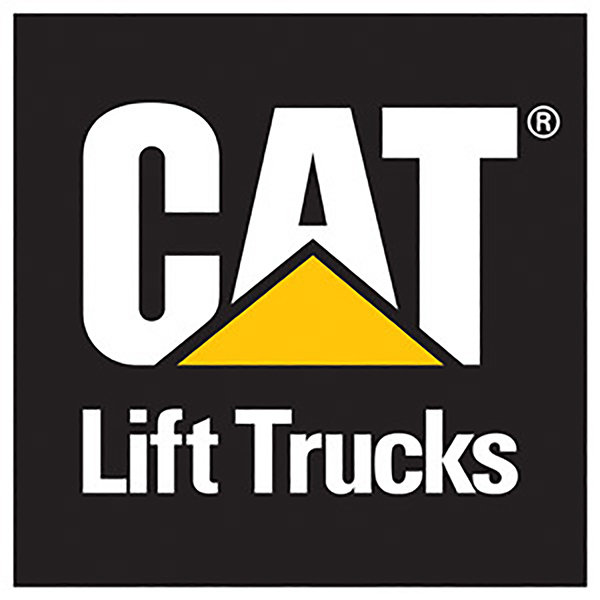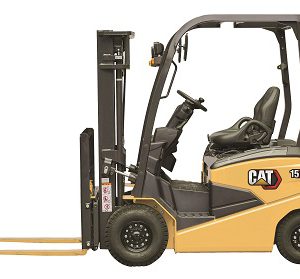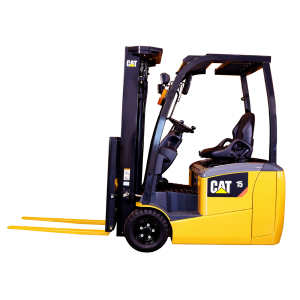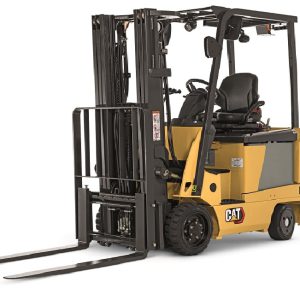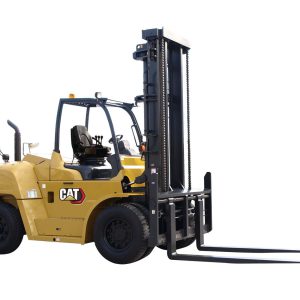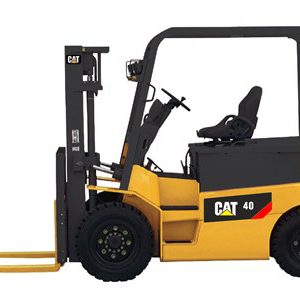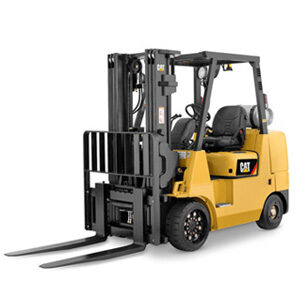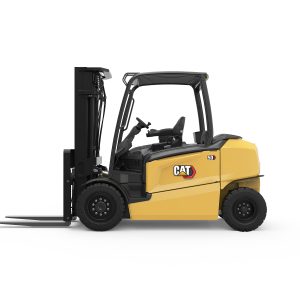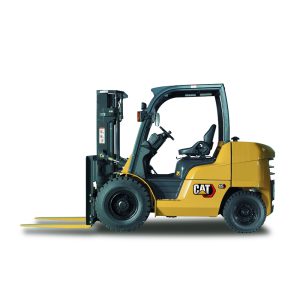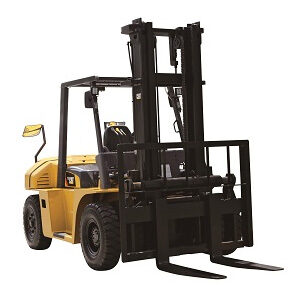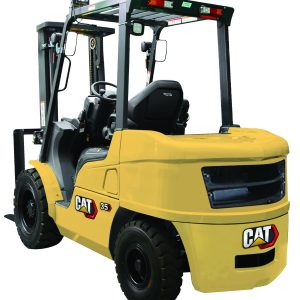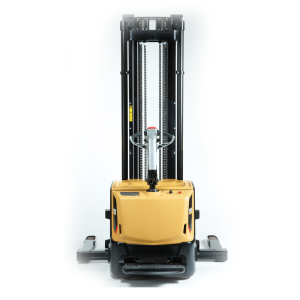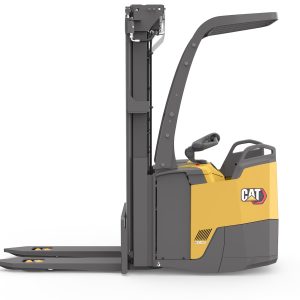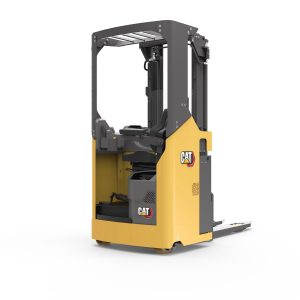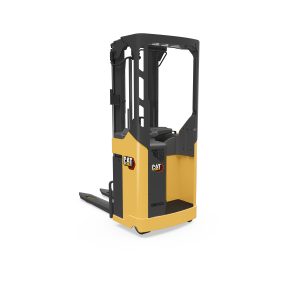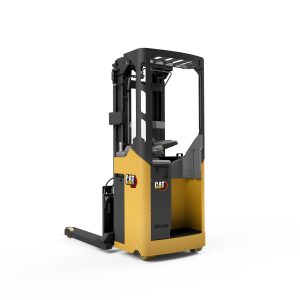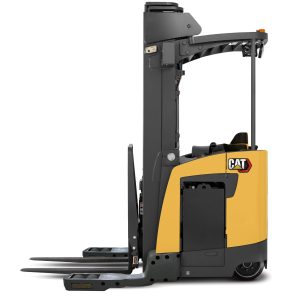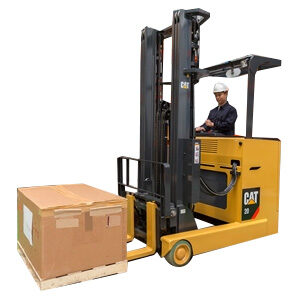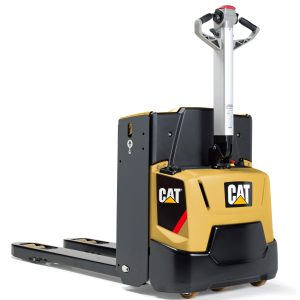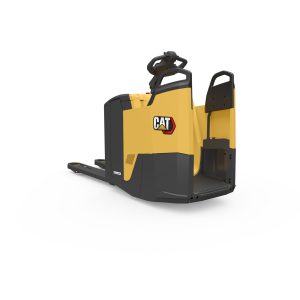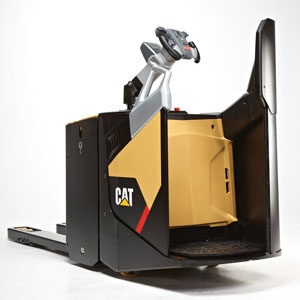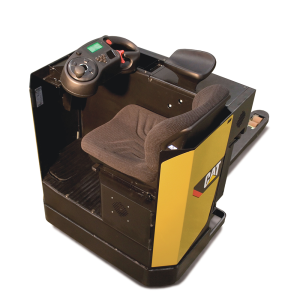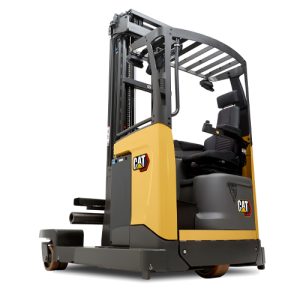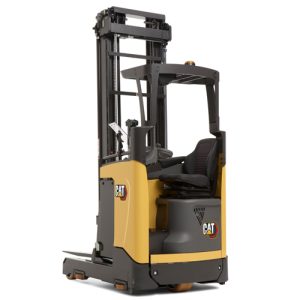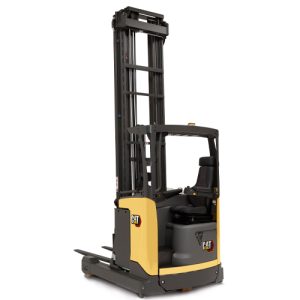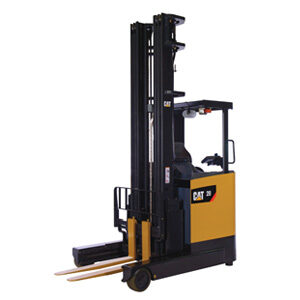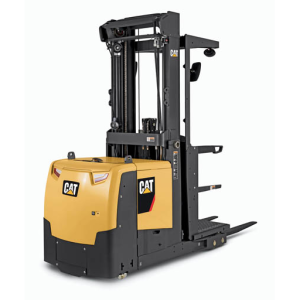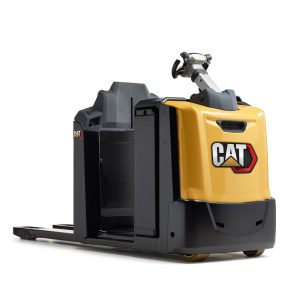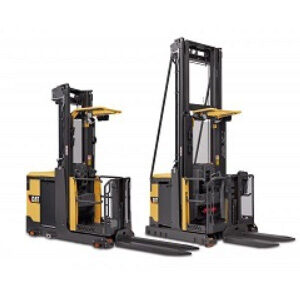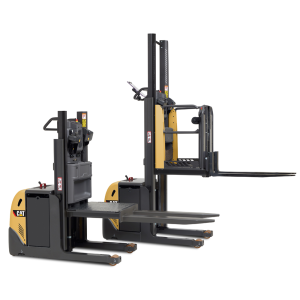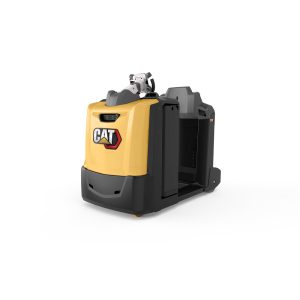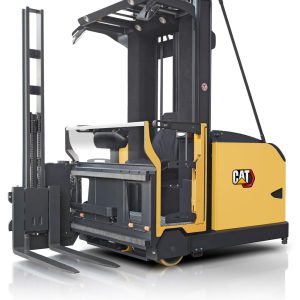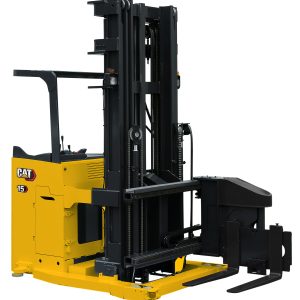
Flexibility in warehouse management: key for uncertain recovery
15/01/2021
Markets seem to be recovering from the post-credit crunch downturn but reports are patchy. How should logistics and warehouse operators gear up without overcommitting to equipment and capacity?
The downturn triggered by the credit crunch and banking collapse has been very persistent but there are now indications of recovery. However, the picture is very patchy across Europe.
Ruari McCallion
The northern states of the EU – Germany and The Netherlands in particular – are reporting growth in their economies although different sectors within countries report varied results.
In the UK, 2011 GDP figures show the economy running pretty flat, which may be to be expected from the significant restructuring already in train. But there are spots of light, as well, with reports from manufacturers indicating growth faster than for the past 20 years.
The Netherlands’ overall improvement has been tugged along by Germany, whose level of exports surged ahead, rising by 18.5% in 2010. The Netherlands also exhibited patchiness, with investment in housing, commercial property and civil engineering works considerably lower but purchases of machinery and computers were significantly up. The very promising growth in manufacturing output during 2010, up by over 7% in each of Q2 and Q3 2010, has slowed to a more modest two per cent in Q1 2011.
“The market is definitely improving we are seeing a massive increase in enquiries and activity across all sectors of the industry,” said Paul Fox, National Sales Manager of Impact Handling, Cat® Lift Trucks dealer in the UK. That is good to know but if one looks further south in Europe, the picture is not so rosy. Spain faces a massive employment problem and lack of market confidence, which has pushed its interest rates high. Italy has pockets of outstanding performance but, overall, it seems to be struggling to deal with its structural budget deficit and ongoing concerns about its finances in the broader investment community.
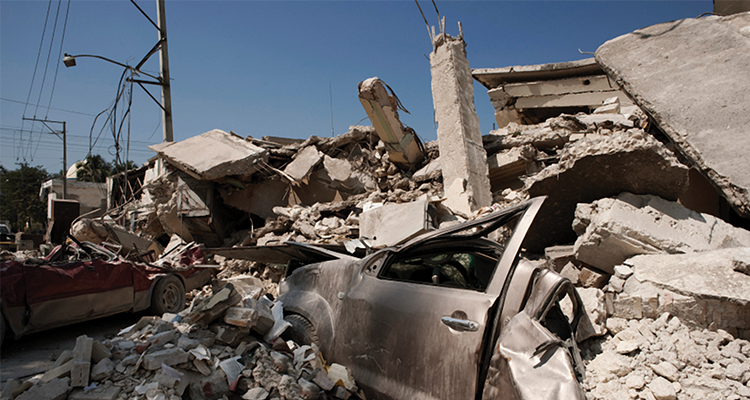
The consequences of natural disasters like Sendai earthquake present problems that harm growth on an unpredictable timescale
Known and unknown unknowns
Further afield, the US, China, India and Brazil all delivered strong growth figures. But unforeseen and completely unexpected events can interfere with commercial activity, across the world. Europe has faced two unusually severe winters in succession, which led to some slowdown in Q4 in some of the northern countries – but at least winter has a fairly predictable timescale and the affected countries are geared up to deal with it, although they can be temporarily overwhelmed. On the other hand, the consequences of the Sendai earthquake, the tsunami and subsequent crisis around Fukushima nuclear power plant seem to go on and on, with no end in sight (at the time of writing). All of which poses a puzzle for materials handling, logistics and warehousing businesses: is now the time to invest in increased capacity or should we all continue to keep our belts tightened and to hold our collective breaths? But if we do keep everything tight, will we miss out on upturns as and when they arrive? And is the increased activity deeprooted and sustainable in the longer term?
“…unforeseen and completely unexpected events can interfere with commercial activity, across the world.”
The dilemma materials handling professionals face is as straightforward as it is difficult to resolve. On the one hand, if there is insufficient capacity within the organisation then it will not be able to meet customers’ needs for on-time in full delivery (OTIF). That will not just cost money it may result in failure to win new business and even, in the extreme, in loss of contracts. On the other hand, if the business invests in increased capacity and the recovery is fitful, with periods of reduced activity, then businesses will be left with expensive buildings, plant and equipment that is lying idle or being underused.
The best of all possible worlds?
In an ideal world, operators could expand as necessary, for as long as needed and contract when appropriate. We do not live in an ideal world but Cat Lift Trucks dealers are trying to make the part of this world that it has some control over at least as flexible and adaptable as possible.
“As we appear to be seeing the shoots of recovery from the recession of the last couple of years, it is paramount that we stay in touch with our customers’ constantly changing needs and that we tailor our contracts to suit,” said Impact’s Fox. In today’s business environment, the very idea of a traditional, fixed, five-year contract would seem to be an endangered species. Outright purchase is also, increasingly, a minority choice. A survey by RedShift, reported in eureka in March 2010, found that outright purchase fell to below 40 per cent of all ‘new vehicle’ activity in the years 2007-2009. Contract rentals and leasing also declined, and to an even lower level: it represented just 31 per cent of the market in 2009. What has been growing, and at an explosive pace, is short-term rental. It rocketed from nowhere to seize 10 per cent of the market in just two years – and there are no indications that that trend has been reversed.
“In today’s business environment, the very idea of a traditional, fixed, five-year contract would seem to be an endangered species. Outright purchase is also, increasingly, a minority choice.”
The need for flexibility
“In today’s market the customer base needs flexibility,” said Fox. Rental used to be about short-term cover, usually for emergencies or for temporary replacement while trucks were being repaired. Short-term rental has evolved from expediency to an integral part of the dealer’s offer. However, short-term rental is dependent on the availability of credit finance – a situation that had led to certain challenges in Italy, where credit that was possibly too loose led to a global (across all companies and suppliers) lift truck fleet that had become unbalanced. When the downturn hit, over 10,000 trucks were returned to suppliers, which hit those companies that had pushed the concept heavily being plunged into crisis.
The supply and availability of trucks may now be restricted by the new reality and more straitened circumstances.
Impact Handling finances its fleet from its own resources and is not, therefore, dependent on banks and credit houses, who may still be rebuilding their accounts – and, as a result, restricting funds for business development. Impact offers customers a package it calls ‘Total Contract Flexibility’. “We can say to our customers ‘we will change your fleet to suit your requirements’,” said Fox. If a customer finds that its needs have altered, change can be accommodated.
“In essence, if a customer ordered, say, 10 reach trucks and 2 gas trucks on a 5 year contract but mid way through decided they needed eight gas trucks and two reach trucks, we would gladly accommodate their request.” He sees the benefit as two-fold: that the customer has the correct equipment to fulfil their needs and Impact Handling retains its customer over the longer term. The company presents itself as an organisation that is providing solutions to customers’ needs, rather than simply selling trucks.
“We can say to our customers ‘we will change your fleet to suit your requirements.” Paul Fox, Impact Handling
In order to find the right solutions, it is a good idea for materials handling professionals to be in close contact with their lift truck dealers.
This is advantageous from two points of view. First, operators will be quickly made aware of developments in hardware – new products, offers that may be more flexible and more appropriate to their needs. Secondly, and most important, a close relationship generates trust, which evolves into a more partnership-oriented approach. Partners try to help each other and in ‘interesting times, knowing where to find the right help, at the right time, is invaluable.
Service in uncertain times
Cat Lift Trucks dealers offer a variety of ways to help customers to cope with fluctuating demand.
UK: Impact Handling’s Total Contract Flexibility helps customers to adapt to changing circumstances. The makeup of a fleet on a 5-year contract can be flexed in its makeup and size.
Spain: Bergé Manutención maintains a fleet of vehicles for shorterterm rental, available for seasonal, emergency and short-term cover.
Italy: Compagnia Generale Macchine S.p.A (CGM) includes a flexibility clause in its contracts, covering 15-20 per cent of the fleet.
Netherlands, Belgium and Luxembourg: Crepa BV has a short-term rental fleet of around 900 units including electric pallet trucks, stackers, reach trucks, LPG, Diesel, three and four-wheel electric forklifts. A proportion of its fleet is available for immediate, short-term rental.
France- Aprolis: some short-term emergency cover available.
Source : https://eurekapub.eu/finance/2011/08/11/flexibility-in-warehouse-management-key-uncertain-recovery

